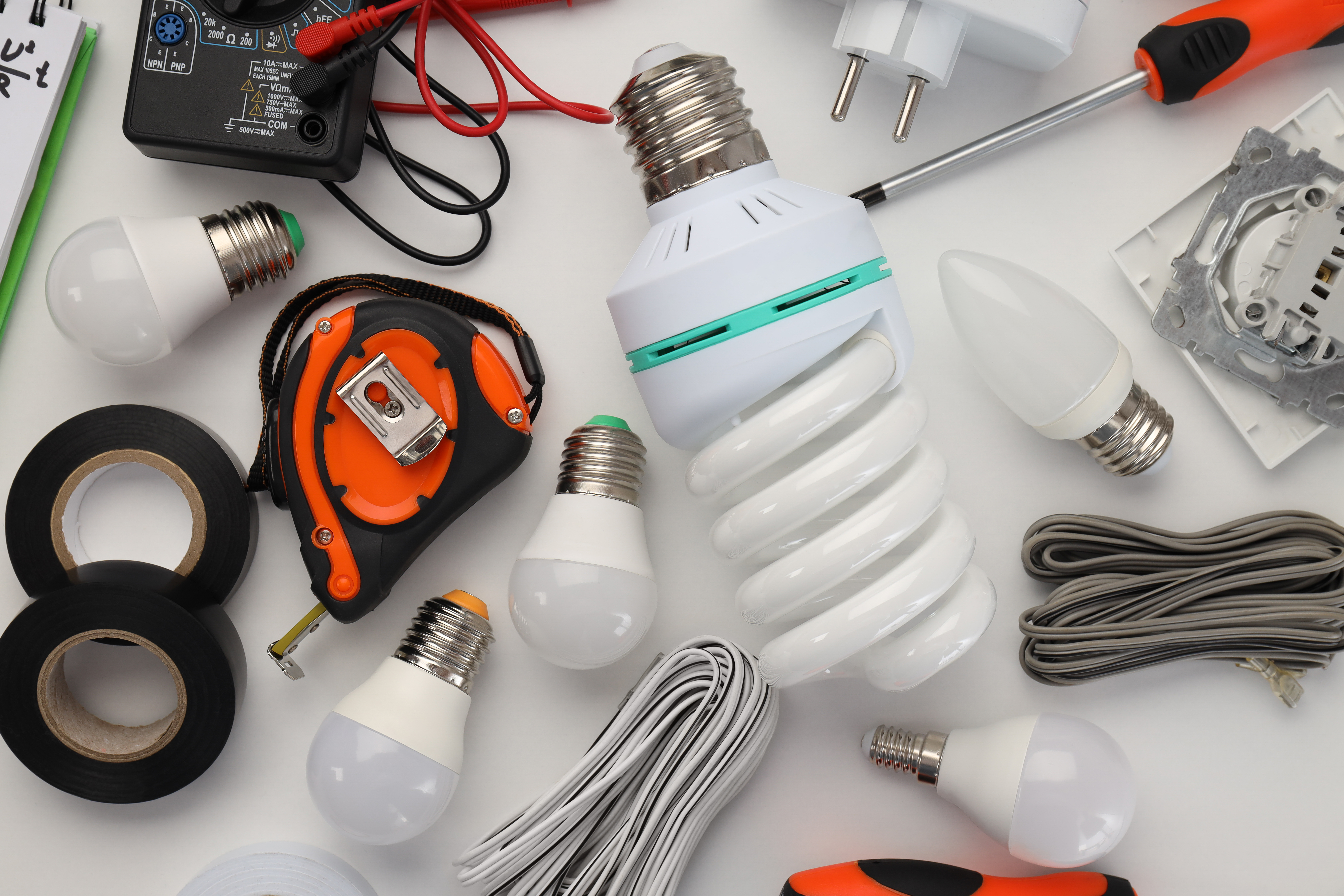How to Find an Electrician in Leighton Buzzard
It is important to employ an electrician when you require electrical work done at home. This will ensure that you and your family are protected from the dangers posed by unqualified people.
Examining the NICEIC ID card of an electrician in Leighton Buzzard can be a quick way to verify whether they are certified. It will indicate that they have passed a number of tests to prove their abilities.
Experience
When you want to get the job done correctly, an electrician with years of experience is the best option. A search engine online lets you to look up the experience and qualifications of electricians you are considering. This will give you peace of knowing that your home or office is in good hands. It also assures you that you are not dealing with a scam artist who might try to take your money. It's important to keep in mind that an experienced electrician will complete the job with minimum effort and the greatest impact. The key is to ensure that you ask the correct questions and get the answers you need.
NICEIC
You should ensure that an electrician in Leighton buzzard has the required qualifications and experience to complete your electrical project. NICEIC is a scheme that is approved by the government which ensures that electricians are held to strict standards. This guarantees that your work will be done safely and efficiently.
It's a good idea to ask electricians from leighton buzzard to verify their NICEIC ID card and website information before hiring them. To find registered electricians you can also utilize the NICEIC Find Contractor tool online. You are also able to read reviews from clients who have used the services of an NICEIC electrician.
electrical rewiring leighton buzzard is a licensed electrician located in Leighton-Buzzard. They provide electrical rewires and new builds, extensions, fault finding and fuse board upgrade. They provide electrical installation services for both commercial and residential customers and are fully insured. They also have a dedicated team in the office that is available to offer advice and support to their customers. They are also NICEIC registered and are regularly assessed to maintain a high level of professional competence and understanding. They're based in Leighton Buzzard and serve the surrounding areas. They offer a free and no-obligation estimate for all your electrical needs.

PAT Testing
PAT testing, or portable appliance testing is a method for checking electrical appliances and equipment to ensure that they are in a safe state. This helps avoid injuries and accidents while in use, thus reducing the risk of serious problems arising from the equipment.
While the law can differ from one country to another however, there are some fundamental guidelines that businesses must follow. In the UK, these are set out in the Health and Safety at Work Act and the Electricity at Work Regulations. These laws are generally enforced through promoting risk assessments and encouraging employers to carry out PAT testing as part of the process.
Businesses and organisations that employ numerous electrical appliances ought to consider scheduling regular PAT tests in order to ensure compliance with the legal requirement. It isn't always necessary to test all the devices in a business but it is best to keep track of what equipment must be tested and when.
There are many different types of testers that can be used to test electrical appliances Some are basic instruments that allow businesses to test in-house their own electrical appliances and others have a greater range of features. You can program them to perform specific tests, for example, the touch current test or the protective conductor current test. However, they are not suitable for users who are not skilled.
Most appliances pass two tests that are required for basic testing which are earth continuity and resistance. This involves testing the insulation of appliances to ensure that it is safe for reuse.
Another test is the continuity of earth. This permits the current to flow between the mains plug as well as the exposed metal parts of an electrical apparatus to determine if any faults exist in its connection to the Earth pin of the mains connector. This is usually done by connecting the equipment to an earth lead that is connected to the instrument.
